- 4278
- 0
Sharing Ideas and Updates on LPG in Nigeria and related information to enable effective collaboration within the LPG Value Chain
Empowering Gender Equality In The LPG Industry For SDG 5 Advancement In Nigeria - WLPGA.

The United Nations' Sustainable Development Goal 5 (SDG 5) underscores the imperative of ending discrimination against women and girls, recognizing unpaid care work, ensuring equal opportunities, and leveraging enabling technologies. Within the energy sector, gender equality plays a pivotal role in fueling economic growth and advancing broader developmental objectives. A significant facet of this equality is clean cooking energy, particularly poignant as women predominantly shoulder cooking responsibilities across diverse cultural landscapes.
Access to clean cooking energy, especially through LPG (Liquefied Petroleum Gas), emerges as a catalyst for fulfilling SDG 5's goals. It not only presents women with time-saving cooking solutions but also liberates them to pursue education, leisure, and livelihood activities, contributing to a more balanced and empowered society.
Despite women's active participation across the LPG supply chain, certain disparities persist, with under representation in some nations. To address this, initiatives such as the global network Women in LPG (WINLPG) have been launched, aiming to bolster gender balance within the industry. The World LPG Association's (WLPGA) Women in LPG network champions women's roles in leadership within the LPG sector and underscores the need for greater gender parity.
The impact of empowered women in the LPG industry is evident through leaders like Daw Kyaw Kyaw Win and Audrey Joe-Ezigbo. Kyaw Kyaw Win's tenure and leadership at Parami Energy in Myanmar exemplify the drive to motivate greater women's participation in the LPG sector. Meanwhile, Joe-Ezigbo's influential role in Falcon Corporations Limited and the Nigerian Gas Association showcases the potential for Nigerian women to lead and drive innovation in the energy sector. This empowerment does not merely benefit the industry but also propels societal advancement. As women access better opportunities and leadership roles, it not only contributes to a more diverse and talented workforce but also provides economic empowerment and leadership pathways.
For Nigerian women, this narrative serves as a beacon of inspiration. It highlights possibilities within the energy sector, encouraging them to pursue education, skills development, and careers within the LPG industry. By leveraging platforms like WINLPG and embracing opportunities for professional growth, Nigerian women can actively contribute to the industry's success while championing gender equality. By nurturing a workforce that embraces diversity and inclusivity, Nigeria's energy sector can propel SDG 5's aspirations, offering women the chance to lead, innovate, and shape a more equitable and prosperous future.





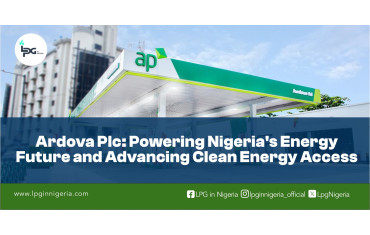
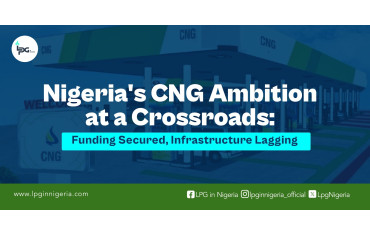
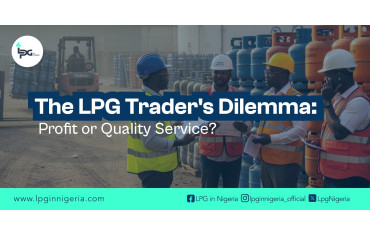
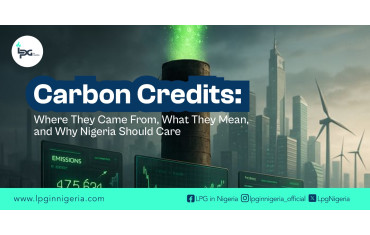
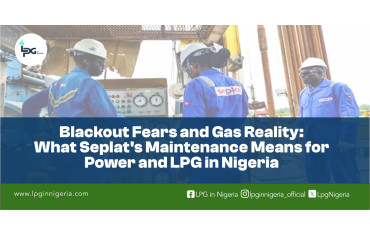
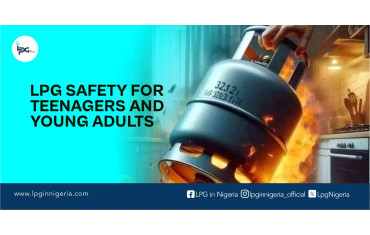





0 Comment.